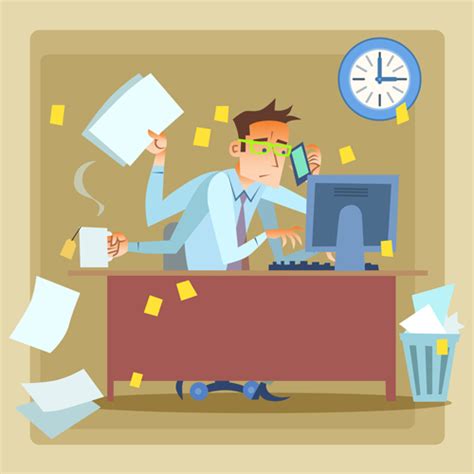Is Working in a Library Exhausting?
Working in a library can be both rewarding and demanding. Let's delve into the various aspects of working in a library and explore whether it tends to be exhausting.
Librarians and library staff have diverse responsibilities, including:
- Assisting Patrons: Helping patrons find books, conducting research, and providing information.
- Organizing Materials: Shelving books, cataloging new acquisitions, and maintaining order in the library.
- Administrative Tasks: Managing library systems, processing loans, and handling library operations.
- Program Coordination: Planning and executing events, workshops, and educational programs.
These tasks require attention to detail, multitasking abilities, and strong communication skills.
Libraries are generally serene and peaceful environments. However, they can also become bustling hubs, especially during peak hours or when events are scheduled. The atmosphere may vary based on factors such as:
- Library Size: Larger libraries tend to have more foot traffic and require additional staff to manage.
- Location: Urban libraries may experience higher patron volume compared to rural ones.
- Library Type: Academic libraries might have distinct busy periods during exam seasons, while public libraries may see consistent traffic throughout the day.
While working in a library is often associated with a sedentary lifestyle, there are physical demands to consider:
- Lifting and Carrying: Moving heavy boxes of books or reorganizing shelves can strain muscles.
- Standing and Walking: Staff may spend significant time on their feet, assisting patrons or shelving books.
- Ergonomics: Improper workstation setup or prolonged sitting can lead to discomfort or musculoskeletal issues.
Working in a library also involves mental exertion:
- Information Overload: Constantly processing inquiries and troubleshooting various requests can be mentally draining.
- Emotional Labor: Dealing with challenging patrons or addressing sensitive issues requires empathy and emotional resilience.
- Continuous Learning: Keeping up with evolving technologies and information resources necessitates ongoing education and professional development.
Despite the potential challenges, there are strategies to mitigate exhaustion:
- Effective Time Management: Prioritize tasks and allocate time wisely to avoid feeling overwhelmed.
- SelfCare: Practice stressrelief techniques, take regular breaks, and maintain a healthy worklife balance.
- Team Collaboration: Support from colleagues and teamwork can lighten individual workloads and foster a positive work environment.
- Professional Development: Invest in training opportunities to enhance skills and stay updated on industry best practices.
- Workplace Ergonomics: Ensure ergonomic workspace setups to minimize physical strain and discomfort.
While working in a library can be mentally and physically demanding, it is also deeply fulfilling for those passionate about knowledge dissemination and community engagement. By employing effective strategies for managing workload and prioritizing selfcare, library staff can navigate the challenges and enjoy a fulfilling career in the library profession.
Remember, a library is not just a place of books; it's a haven of learning, exploration, and growth.









